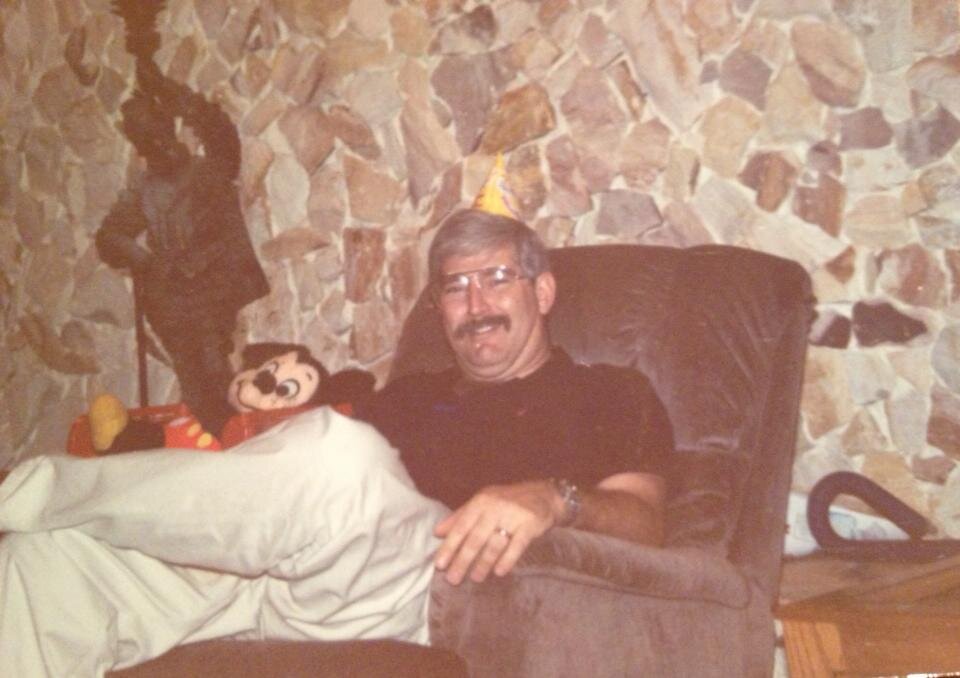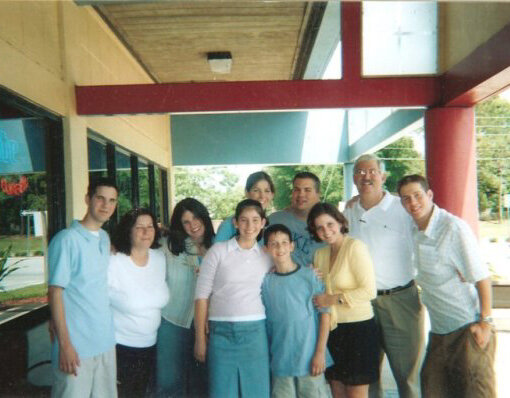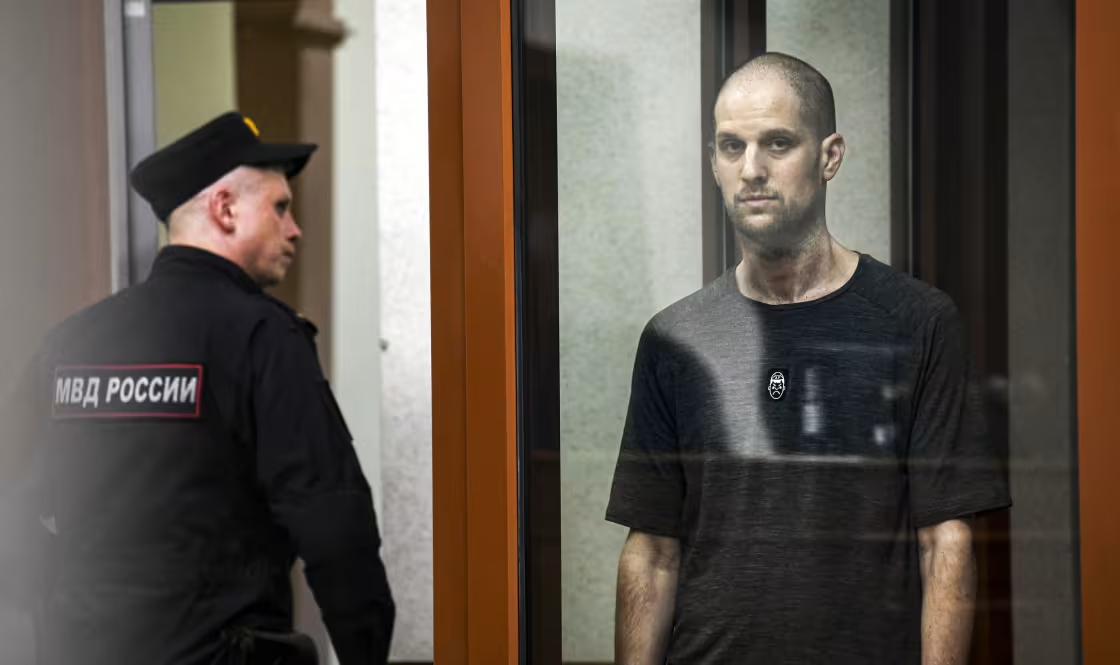By Sarah (Levinson) Moriarty
JWFLF Board Member and Daughter of Bob Levinson, kidnapped in Iran on March 9 2007, and the longest held hostage in United States history
Every year from as far back as I can remember, my father used to come speak at career day events in my, and my six brothers’ and sisters’ school classes. Everyone would be in awe of his 6’4 frame, his iconic 70’s style half-rimmed glasses, his thick mustache and, at times, even thicker New York accent. He was the hit of career day — a real FBI agent in the flesh. And he carried a gun! I was so proud that he was MY father.
Dad had the same epic speech every year. “Do you want to know what the most important weapon I carry with me in my job is?” Then he pointed to the gun on his hip, “I’ll give you a hint, it’s not this.” He took enthusiastic guesses from the audience, who were hanging on his every word. And then he pulled a pen out of his pocket very thoughtfully — “it’s this” and he showed the pen to signify his words, and then he pointed to his temple to signify his brain — “and it’s this.”
And he was right.

Bob Levinson was one of the first hostages in what we now consider to be a new Iranian hostage crisis, re-invigorating the Iranian regime’s use of hostage taking as a foreign policy tool to get what they want. My father was left behind over and over again by the United States government because his case was too “complicated”, and the Iranians were allowed to get away with holding him with no repercussions for their actions and disinformation against him. My father was still alive in 2010 and 2011 when we received a hostage video and photographs but astonishingly, we still were never able to bring him home. We felt let down and repeatedly betrayed by our own government, across multiple administrations.
After thirteen years without any playbook, doing our best to bring Bob Levinson home to our family through any means possible, we were told in March 2020 that he had passed away in captivity, and that we may never recover his remains. We were absolutely destroyed.
We did know, however, that we did not want what happened to us and our father to ever happen to another family again.
Together with Senators Menendez, Rubio, Shaheen, Leahy and Coons, Congressmen Deutch, Waltz, Wilson, and Lieu and the entire United States Congress, Diane Foley, Margaux Ewen and the James W. Foley Legacy Foundation, and many others within the hostage advocacy ecosystem, my father’s favorite tools – our words and our brains – are exactly what we have used to honor his legacy, through the Robert Levinson Hostage Recovery and Hostage Taking Accountability Act passed into law in December of last year.
The Bob Levinson Act first and foremost codifies President Obama’s 2015 Presidential Policy Directive 30 into law. This means that three critical entities created under that policy – the Special Presidential Envoy for Hostage Affairs (SPEHA), the Hostage Recovery Fusion Cell (HRFC) and the Hostage Response Group at the National Security Council — are now permanently in place inside the U.S. government to further the safe recovery of United States nationals held hostage or unlawfully or wrongfully detained abroad. The SPEHA role has also been elevated to an Ambassador level in order to give that person the respect and authority the office deserves, both domestically and internationally.

As described by one of the individuals I recently met with to discuss its implementation, the law satisfies gaps on both sides of the hostage experience: 1) it holds the U.S. government accountable to families through a family engagement coordinator, family resource guide and an annual report to Congress, and 2) it gives our government new tools, including a specific vehicle for sanctions, to use against those countries engaging in these terrible acts so that they not only feel the public shaming they deserve, but that they also feel it in their purse strings.
Importantly, the Act clarifies what our government should consider a wrongful or unlawful detention, a phenomenon that has been steadily increasing across the globe, and to refer those types of detentions to the SPEHA office. This allows those being held by foreign governments for political purposes to get the proper support needed from our government to free them, where they might have otherwise been lost in the diplomatic process.
According to data collected by the Foley Foundation, there are currently at least 48 Americans being held across 12 countries. Several of these countries continue to do business as usual with the United States, which is why we must continue to hold both sides accountable and start seeing these tools implemented and available to families. People must come before policy, and we must get the full weight of the U.S. Government behind this until every hostage comes home.
Last week, for the launch of a new non-profit called Hostage Aid Worldwide, I took part in an impressive panel to discuss the increasing threat of hostage-taking globally and ways to intercept the hostage business model. It was clear from these discussions that the Levinson Act is an important starting point for the U.S. in these efforts.
Now we must ensure its implementation.
The U.S. government has the opportunity to do so quickly, using the best diplomatic tools they have in their toolbox: their words and their minds. Let us hope we see their action in the coming weeks and months to see my father’s legacy through, and to bring Americans home.




